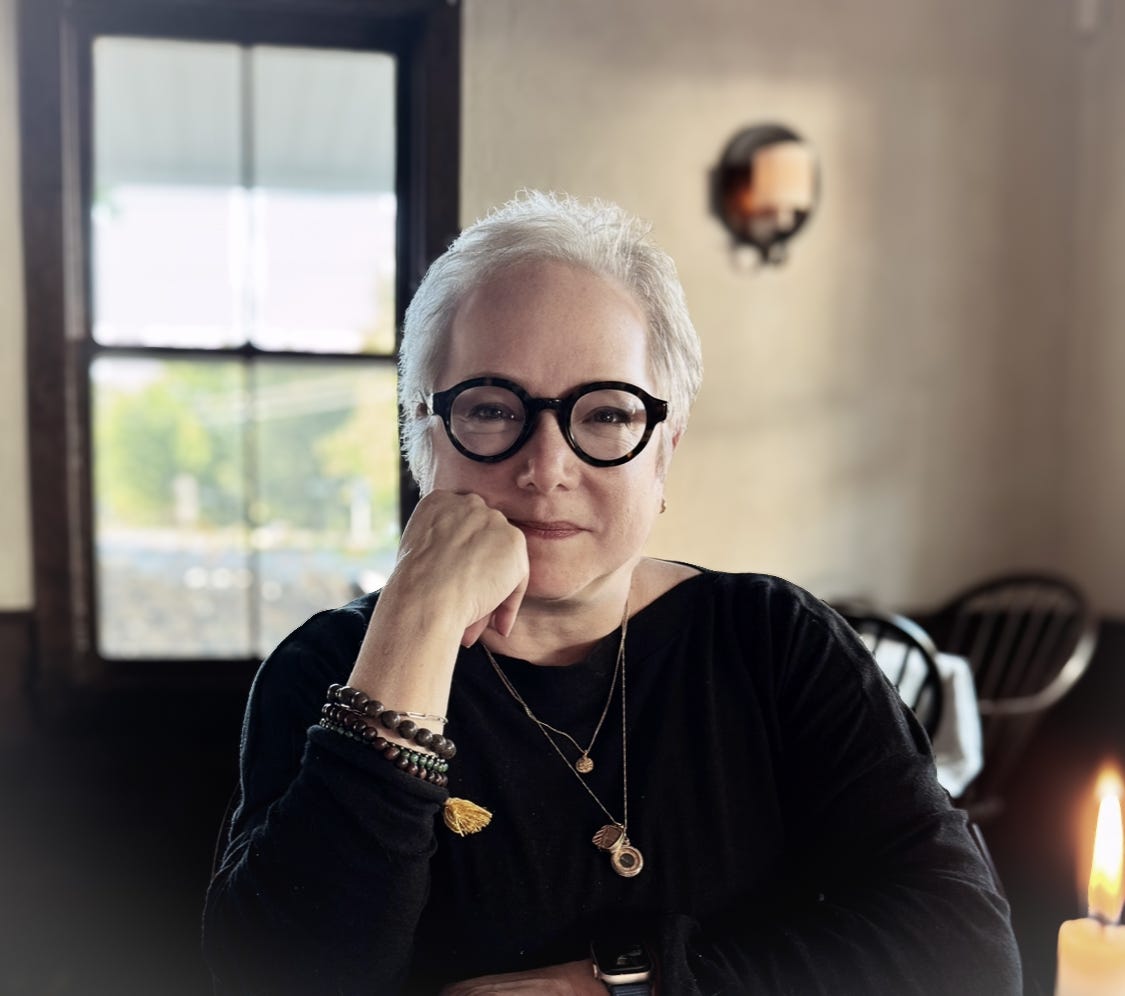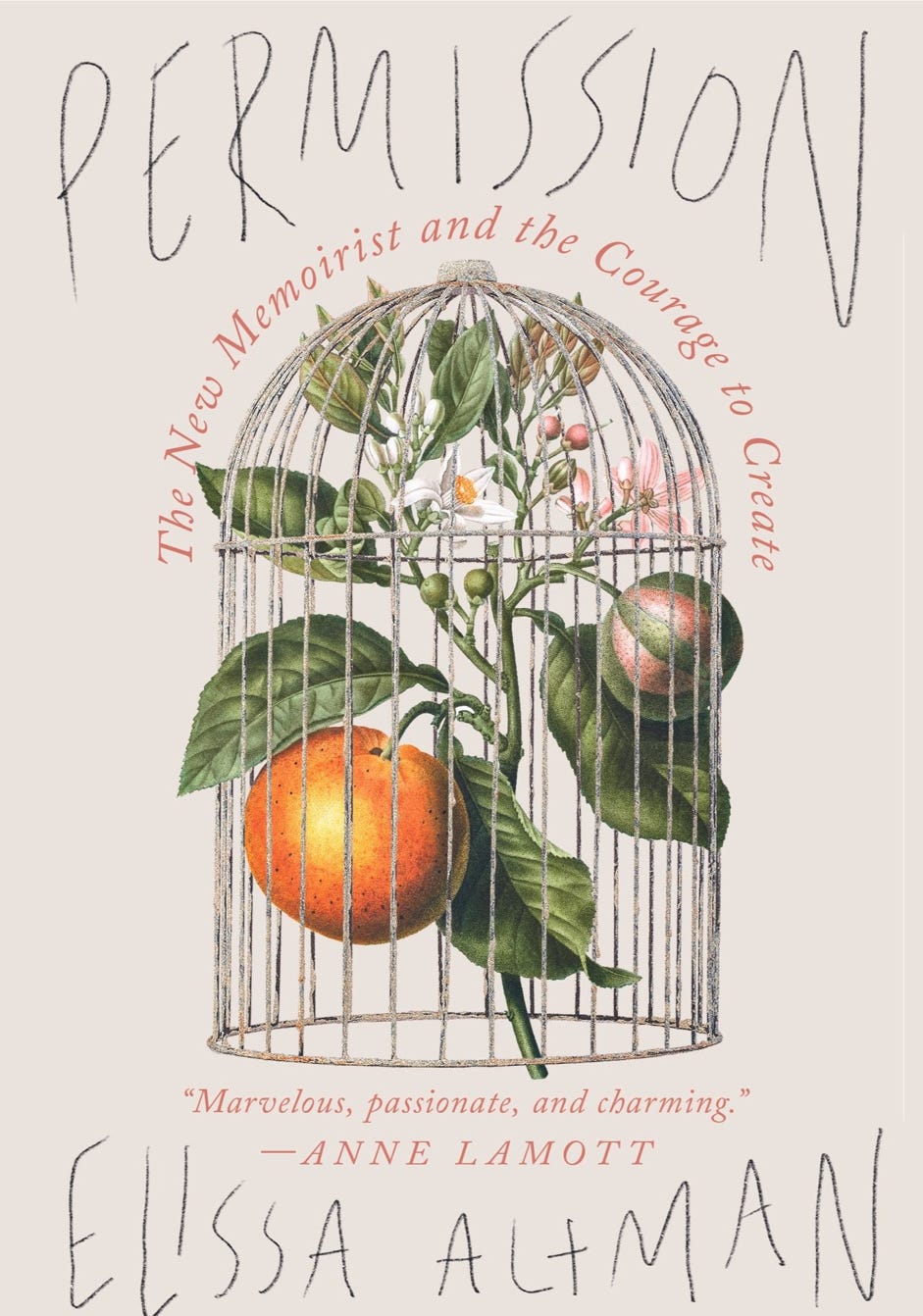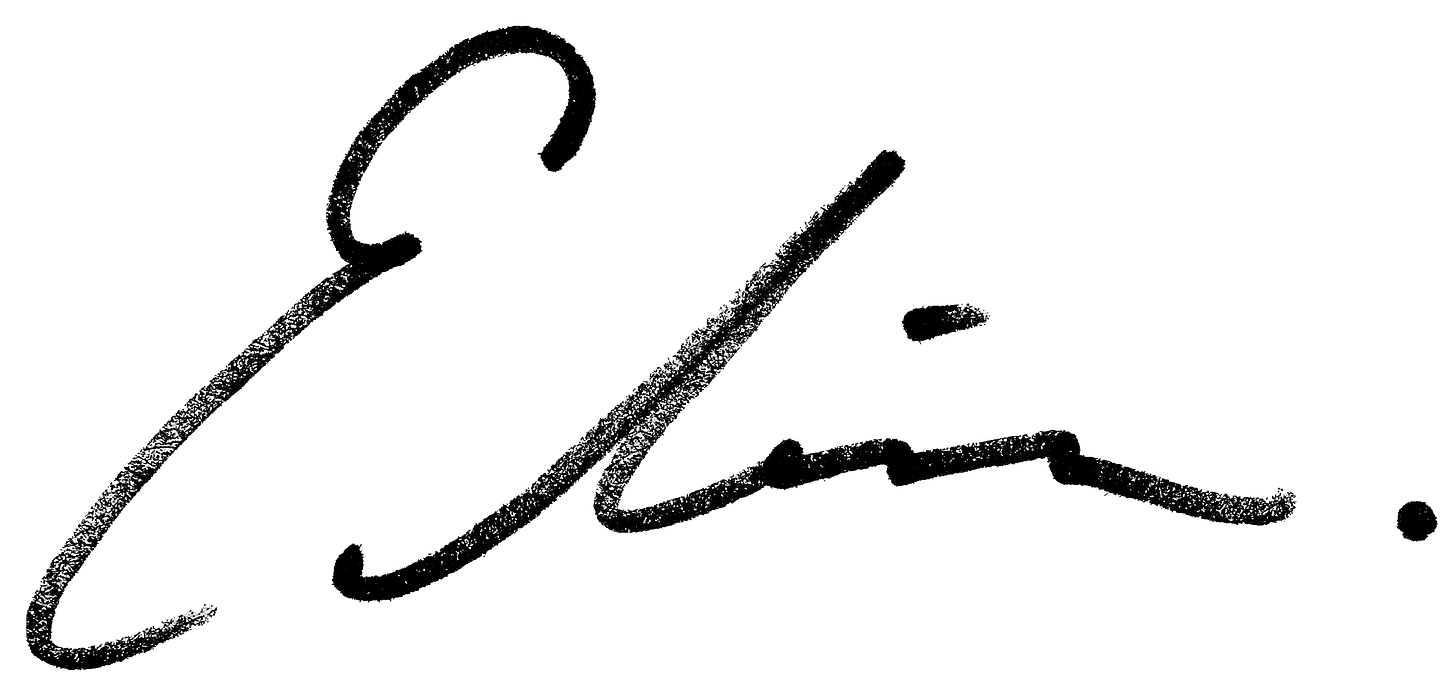Introducing The Permission Workbook
A New Bi-Monthly Feature for Free and Paid Subscribers, Storytellers, and Art-makers
We are the storytelling species.
It is what we do and who we are.
Whether we are writers, painters, knitters, cooks, photographers, scientists, physicians, musicians, or whether (or not) we intentionally define ourselves that way: we are all, in one way or another, storytellers. And the act of storytelling is as old as time itself; as Robert Macfarlane wrote in Underland, when our ancestors held up their hands against the wall of a cave, took a mouthful of ochre dust and blew it out to leave a handprint, they were saying I was here. Remember me. This is my story.
At the micro and macro levels, creative silencing looms large as an effective tool of shame and control.
And yet, for every storyteller, there is a naysayer, someone or something (a person; a culture; a rule of law) demanding that we stay silent because the story (they say) is not ours to tell, that we don’t own the right to tell it even if it happened directly to us, or that it may disgrace the community, the house, the tribe. At the micro and macro levels, creative silencing looms large as an effective tool of shame and control. There is the century-old family secret revealed unwittingly by the memoirist who didn’t know it was a secret, and is excised by her family. There is the story of the young woman who grows up to womanhood, unaware until she is nearly sixty, that her biological father and the man who raised her are not the same person. There is the upstanding and religious teetotaler who hides vodka in the toilet tank. There is the young Malaysian woman, a devout Muslim, who awakens in the middle of the night in Kuala Lumpur to take an online memoir workshop in the States, in which her writing reveals that she is a lesbian in love with her best friend. There are Gisèle Pelicot and Katie Johnson, Sally Mann, and Honor Moore. Every single one of us grapples with a story that, for one reason or another, we’ve been warned against telling, either directly or through the intergenerational or cultural ether.
It has been four months since Permission: The New Memoirist and the Courage to Create was published. I’ve toured widely for it, speaking to writers and other creatives at every level working in every medium, and this is what I’ve learned: the issue of permission — questioning not only one’s right to tell a vital story but how to do it and in what form—is part of the human condition, so old as to be biblical. Not only do the negative voices ring in our ears, admonishing and warning us against telling our truths and crafting them into art (giving them shape and bringing them to life), but the words You Are Not Allowed have far-reaching consequences in the crafting itself. Last week, after speaking on stage at The Center for Fiction with the writers Emily Bernard and Wendy Ortiz, I had a conversation with a young woman writer who asked Am I allowed to do it THIS way instead of THAT way?
Allowed by whom? I asked.
The people who say I can’t, she answered.
Teachers, partners, friends, colleagues.
When she went on to explain what she wanted to do, it was narratively complex and would require skill, focus, and a promise to herself that she’d stay with it. But allowed?
Yes; she is allowed.
Next week on Substack, I am launching a new bi-monthly feature here called THE WORKBOOK.
Each installment will include a short excerpt from Permission and three prompts meant to get you thinking about how you might be holding back creatively, how to transcend the fear that keeps your stories from being written. and ultimately guide you to a place of creative transformation, of freedom from the constraints of shame, and the understanding and recognition of the ethics of story-making, art-making, truth-telling, and creative soul-saving.
THE WORKBOOK will be available to all subscribers, both free and paid.
All subscribers will be able to comment, but only paid subscribers will have access to the prompts.
A moderated roundtable discussion in CHAT for paid subscribers will be open following each post, where you will be able to discuss the prompts and engage with each other, and me.
I look forward to lively creative conversations with you, to learning more about what you are writing and creating, to understanding what your hurdles and blips might be, and how you are transcending them. The first installment will drop next Wednesday, July 30th, at 9 am EST. Please join us.
Upcoming events:
8/1/25 - The Hotchkiss Library, Sharon, CT: signing
8/7/25 - East End Books, Provincetown: reading, q&a, signing
9/16/25 - Zibby’s Bookshop, Santa Monica: in conversation with Annabeth Gish, q&a, signing
9/18/25 - Book Passage, Corte Madera: reading, q&a, signing
Recent podcasts:
Elissa on Family Secrets, with Dani Shapiro
Elissa and Permission on LitHub’s Memoir Nation, with Brooke Warner and Grant Faulkner
Elissa in conversation with Michelle Redo on Daring to Tell
Elissa on Book Cougars
Workshops:
8/4-8/8/2025 - Castle Hill/Truro Center for the Arts: Permission to Write the Story You Must Tell (WAITLIST available)
Spring 2026: Kripalu: Permission: The New Memoirist and the Courage to Create - stay tuned for final dates and sign-up








This sounds wonderful, Elissa. What a generous and impactful offering. ❤️
I got “Permission” Thursday. I gave myself Permission to publish on Saturday an essay about our creepy all-access HS coach, who I’d cheered for until I couldn’t be silent.